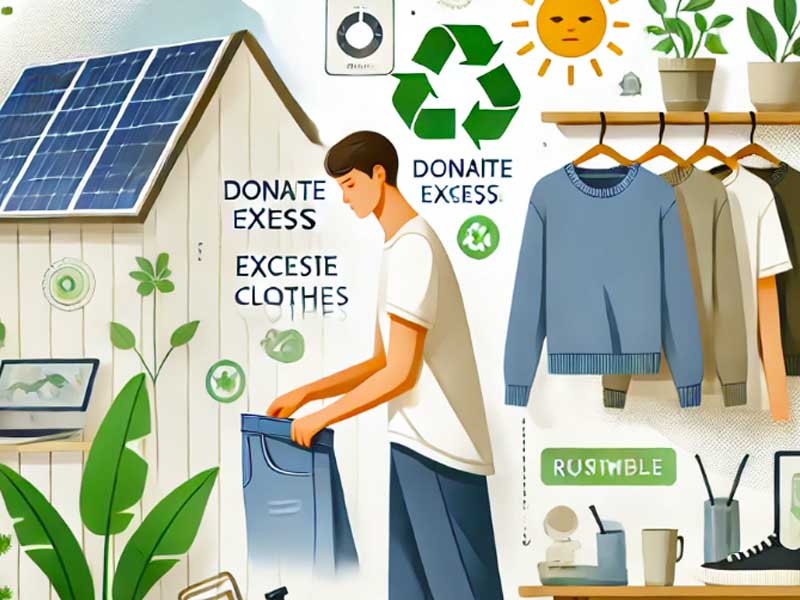
Arcadiadaily – From YOLO to YONO is becoming a defining lifestyle change for the younger generation. While “You Only Live Once” (YOLO) encouraged spontaneous experiences and indulgence, “You Only Need One” (YONO) emphasizes mindful consumption and sustainability. This shift is driven by growing environmental concerns and a desire for a more intentional way of living.
In recent years, excessive consumerism has led to increased waste and environmental degradation. However, many young individuals are now choosing to adopt a more sustainable approach, prioritizing quality over quantity. Whether it’s fashion, technology, or daily necessities, the YONO mindset advocates for investing in fewer, high-quality products that last longer, reducing overall waste and promoting conscious consumption.
“Key Insights: How Diesel Engines Work vs. Gas Engines”
From YOLO to YONO is not just about reducing material possessions; it’s about making thoughtful decisions that align with sustainability. The minimalist movement, which encourages owning only what is truly needed, has gained traction alongside the YONO philosophy. Young people are increasingly decluttering their lives, opting for reusable products, and supporting ethical brands that focus on environmental responsibility.
The fashion industry is a prime example of this transformation. Instead of following fast fashion trends, many are choosing capsule wardrobes with versatile, timeless pieces. Similarly, in the tech world, consumers are shifting away from frequent gadget upgrades, opting for durable devices designed for longevity. This approach not only benefits the planet but also fosters financial stability and mental clarity.
From YOLO to YONO represents a cultural evolution toward a more responsible and fulfilling lifestyle. As climate change and overconsumption become pressing global issues, this mindset is expected to continue shaping the way people live, shop, and interact with the world around them.
Social media influencers and public figures are now promoting sustainability, encouraging their followers to rethink their consumption habits. Brands are also adapting by introducing eco-friendly products and transparent supply chains. The rise of second-hand markets, zero-waste initiatives, and sustainable travel options further solidifies YONO as a movement rather than just a passing trend.
Ultimately, embracing YONO is not about deprivation. It’s about making meaningful choices that lead to a healthier planet and a more satisfying life. As more people transition from YOLO to YONO, the future looks greener, simpler, and more sustainable.
“Transforming Writing Education with Education 5.0”
